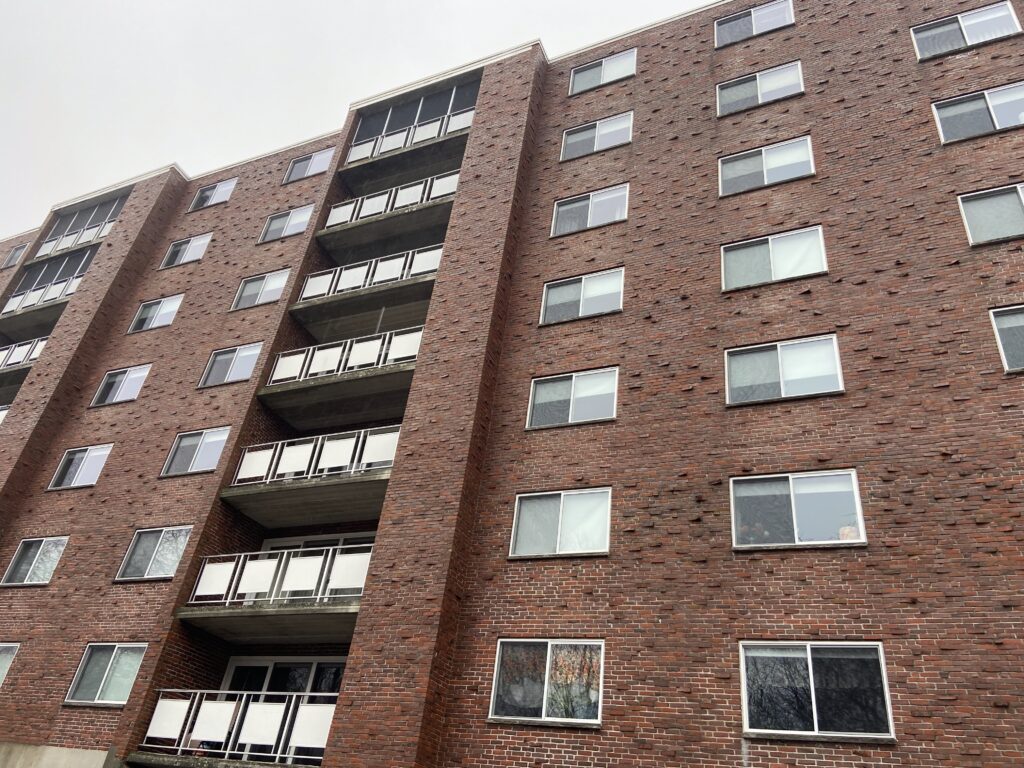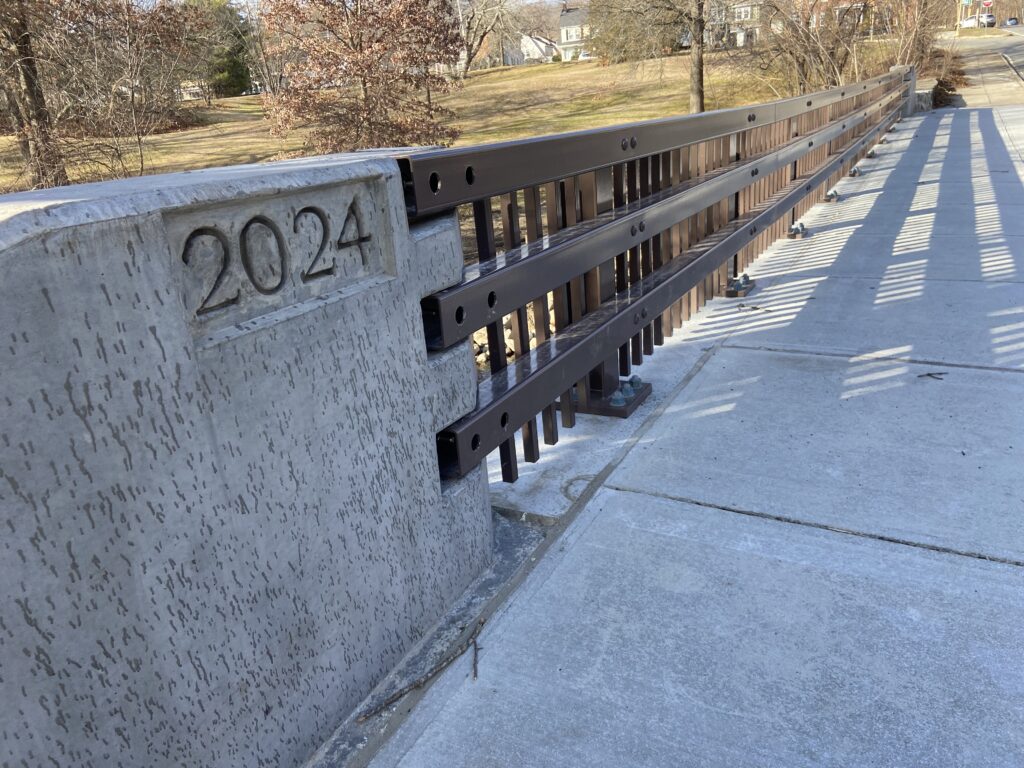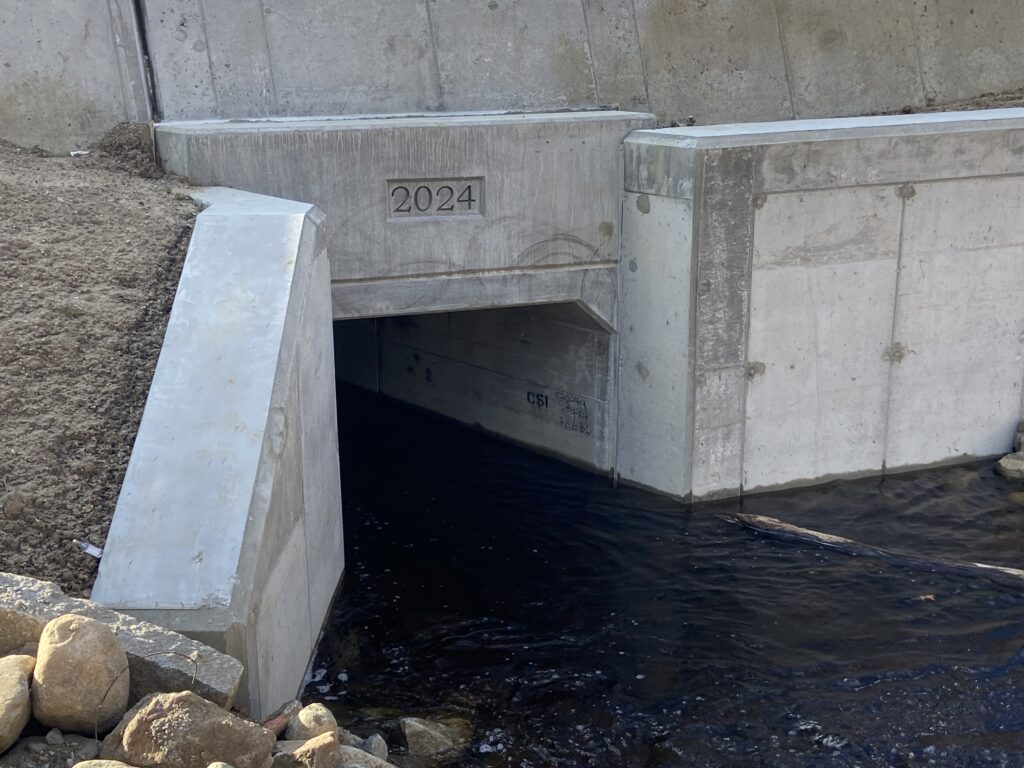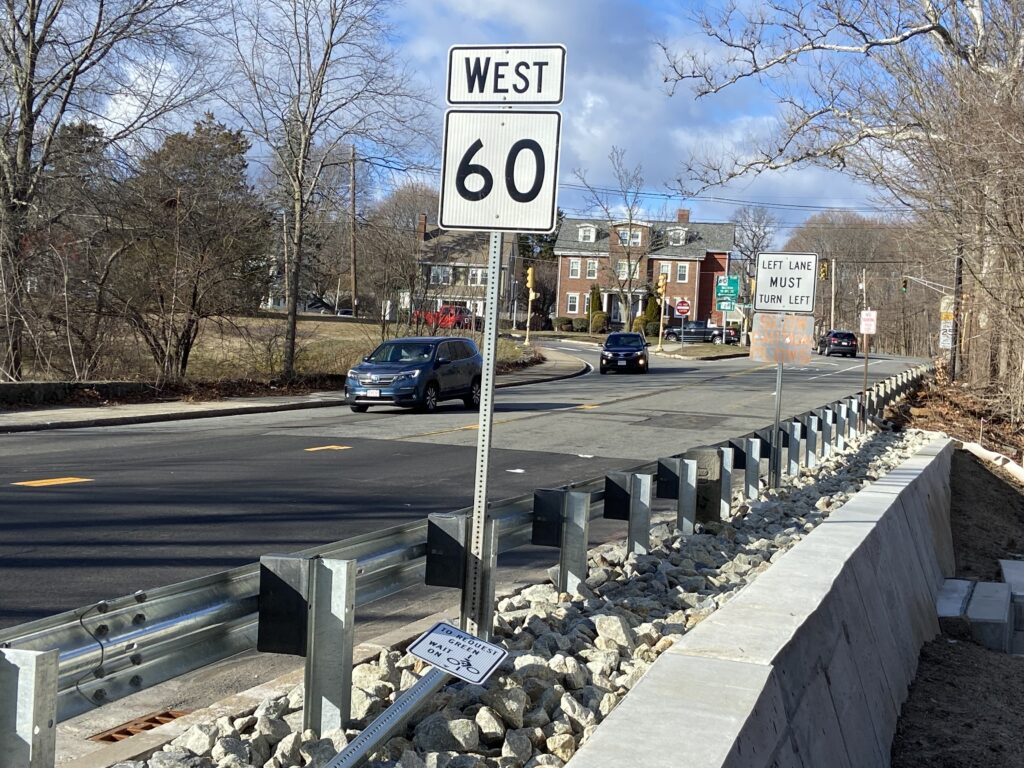Photo: Grove Street Playground
Mud season has arrived in Belmont! A foot of snow and ice, the arrival of Spring-like temperatures, and several rain events in the coming week can easily result in the town’s parks and open spaces being destroyed as residents and sports teams heads back to the grounds.
So, due to the ongoing snow/ice melt and in order to preserve the integrity of the fields for the coming year, Belmont has temporarily closed all grass playing fields. There is one exception: Payson Park Playground.
Public access, dog walking and all ball playing – that includes baseball, lacrosse, and soccer – is not permitted until the fields are deemed no longer water logged.
The Belmont Police have been asked to assist in enforcing this temporary closure. “We appreciate everyone’s cooperation and understanding until the fields are reopened,” said the police.
Got a question? Contact the DPW at 617-993-2680.





